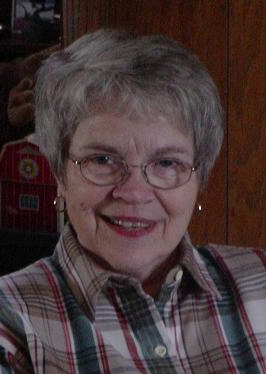DIANE WRAY WILLIAMS
 |
|
SAMPLES FROM THE INTERVIEW ON WHAT THE CIVIL RIGHTS REPORT TELLS US ABOUT THIS AREA: "One of the statements in the report is so great that "Moorhead has an illusion of inclusion." Moorhead is full of good people okay... really good people. I would say, by and large, they are just good, well-meaning people. They have no idea how they exclude people of minority status, and there is an unconsciousness. If you know anything about racism in terms of it being an institutional thing....they're very.... that's what they look like. They look like people who say, 'Well, I'm not racist. I'm not prejudiced.' You know, and they think that's what solves it, whereas actually we live in a very racist society because it's all set up that way. People who are white are privileged. Nobody asks you... nobody follows you around the store. Nobody denies you renting an apartment. And it's all those things that a minority person is used to meeting day after day after day. So even if individuals don't think they're intolerant, or racist, we live in our own society of our own making where this is true. When people came forward that April evening and, you know, they had begun to see beyond the obvious. You know it was like peeling back the onion skin to see what really was there, and there were lots of people who came forward to the microphone and either told what had happened to them or said what they had learned in this group." WHAT SHE WOULD TELL A NEWCOMER TO THIS AREA: "Well, today I would say it's a place of possibilities. There are good people in the Midwest and give them a chance... give them a chance, because I think you could make a good life in the Midwest. There's good chances to make a good life. We still have relatively crime-free cities, which is a big deal for a refugee. I mean many are coming from unsafe life situations. If you can just walk the streets and feel safe... live in a house and feel safe.... that's important. And we still have that in the Midwest...at least a lot in the Midwest. And I would say give the people a chance. They may not know you yet, but they will give you a chance if you ask for it. And I think that's relatively true. I hope I've... you know I am an optimist (laughs)." |